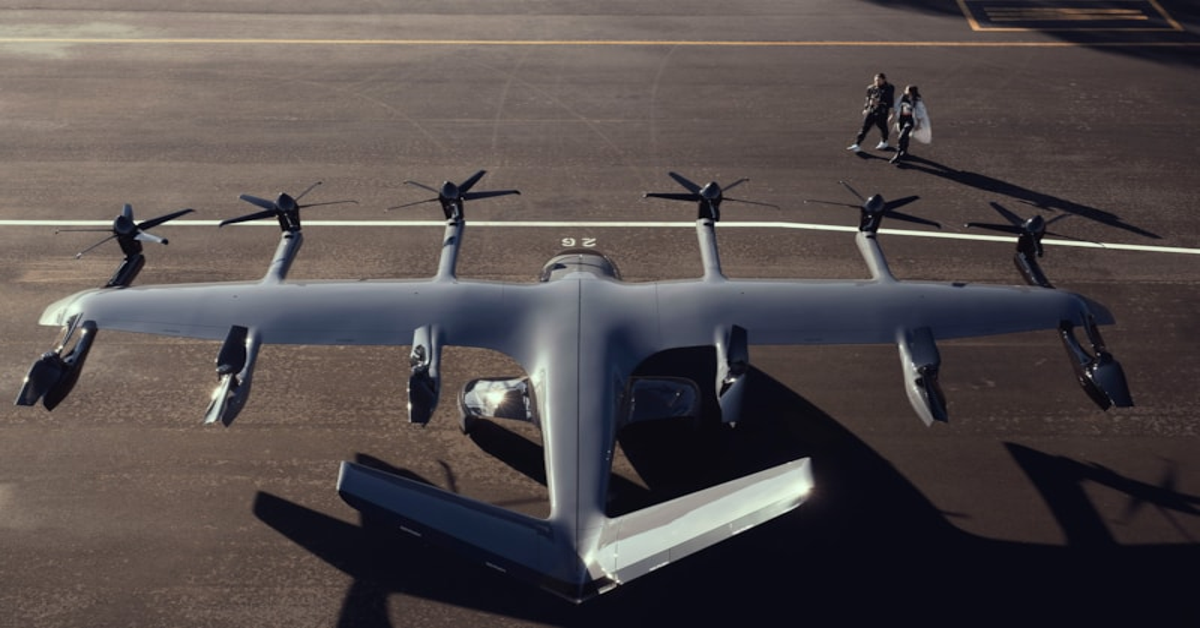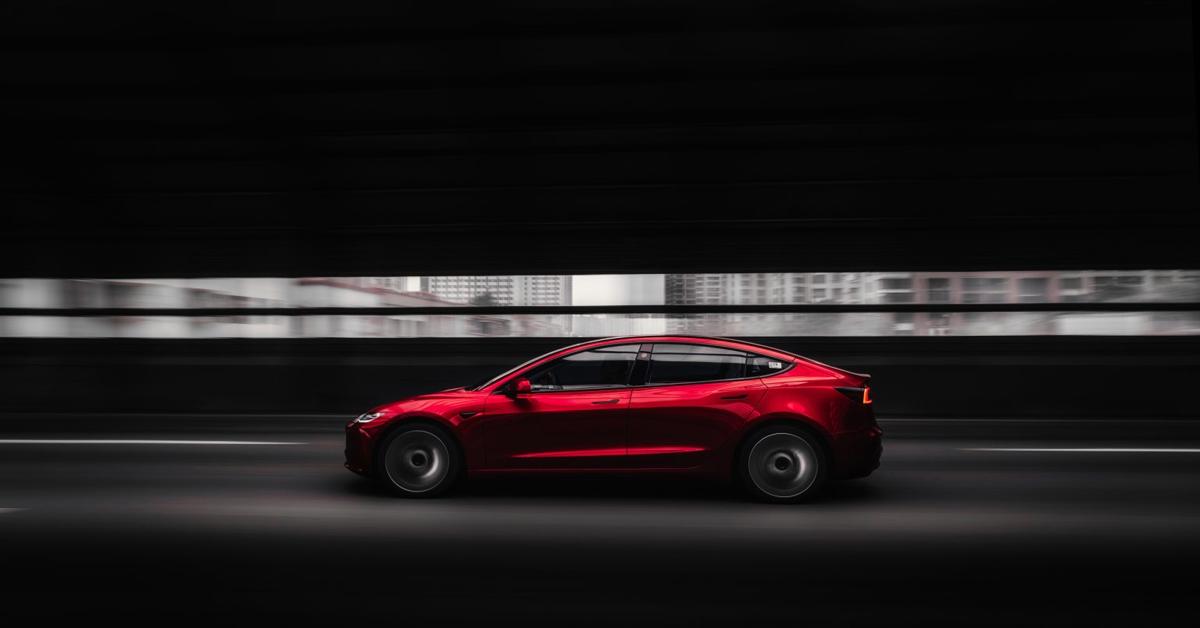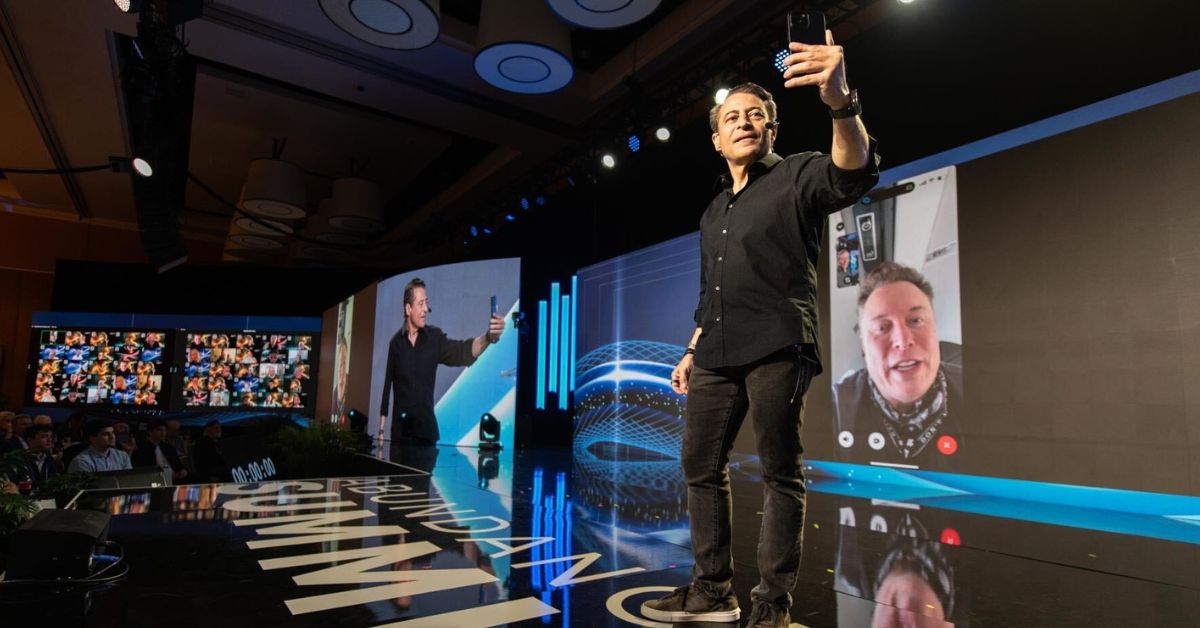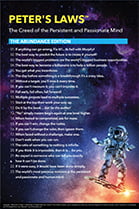
Flying cars are finally here.
You can call them “eVTOLs” (electric vertical take-off/landing) or “air taxis,” I personally will call them flying cars.
After decades of waiting, the convergence of a few key technologies and factors will enable commercial service to start in 2025:
-
DEP or direct electric propulsion: special electric motors
-
Batteries: higher energy density, cheaper batteries, mainly driven by Tesla
-
Materials: lightweight, strong materials
-
Sensors: a new generation of sensors
-
Computation/AI: the ability to integrate all data for safe flights
-
Regulatory Support: governments are finally ready to license this tech
Regarding this last bullet, in November 2022 the US Federal Aviation Administration (FAA) proposed new rules that help pave the way for commercial air taxi operations by 2025, adding something called “powered-lift” operations to its regulations.
Former acting FAA Administrator Billy Nolen has said this about the future timeline:
“We know that when the Los Angeles Olympics get underway in 2028, air taxis will be in high demand. We may see some of them in the years leading up, but nowhere near the scale in 2028.”
Industry reports suggest the potential for a $30 billion marketplace by 2030.
In today’s blog, we’ll look at the two leading flying car companies: Archer Aviation and Joby Aviation.
Let’s dive in…
Archer Aviation
Last month, I hosted Archer Aviation CEO Adam Goldstein and Chief Commercial Officer Nikhil Goel at the Abundance Summit.
In September of 2021, Archer Aviation went public (via SPAC) for $3.8 billion.
Today, their flying car design called Midnight boasts an impressive performance envelope:
-
Payload: Pilot + 4 paying passengers + luggage
-
Propulsion: 12 electric engines supported by 6 independent battery packs
-
Range: Up to 100 miles
-
Speed: Up to 150 miles per hour
-
Altitude: Typically, 1,500 feet (below 5,000 feet)
-
Charge time: 12-minute charge time between back-to-back 20-mile flights
The year 2023 marked a pivotal milestone in the development of Midnight, as the company conducted its first full-scale, uncrewed, and tethered test flight. This achievement, the result of four years of rigorous flight testing, paved the way for further advancements.
Looking ahead, Archer is poised to conduct an astounding 400 tests of its Midnight aircraft in 2024, a testament to their unwavering dedication to perfecting this groundbreaking technology.
On the regulatory front, Archer has made significant strides. The Federal Aviation Administration (FAA) has recently approved certification plans for Archer's production aircraft, and the company has announced that the first three piloted aircraft are currently under construction. These conforming Midnight aircraft will begin piloted flight testing later this year and will subsequently undergo “for credit” flight testing with the FAA as Archer progresses towards commercialization.
The company has secured an impressive indicative order book of up to 700 aircraft, valued at $3.5 billion, from major players such as United Airlines in the US, InterGlobe in India, and Air Chateau in the United Arab Emirates.
So, when can we expect to see Archer's Midnight overhead?
The company has set an ambitious goal of bringing the Midnight eVTOL to market by 2025. In partnership with Atlantic Aviation, Archer is developing electric aircraft infrastructure at existing assets, including Santa Monica Municipal Airport (SMO). Early launch markets will focus on highly congested cities such as Los Angeles, New York, and Miami, with initial routes connecting airports to city centers. As availability of the Midnight increases, services will expand to other locations across Atlantic's portfolio.
To illustrate the transformative potential of eVTOL technology, consider a trip from Santa Monica to Malibu. While this 12-mile journey could take over an hour by road, an air taxi would cover the distance in a mere five minutes, with each passenger paying roughly $30 to $40—less than the cost of a rideshare vehicle.
Joby Aviation
Founded 14 years ago, Joby was the first serious flying car company, and the first to go public in August of 2021 for $4.5 billion. And, even more impressive, in 2022, Joby distinguished itself as the first eVTOL firm to receive US airworthiness certification—a notable badge of honor in a burgeoning industry.
Among the main investors bolstering Joby's successes are Delta Air Lines and the automotive giant Toyota (which has actively aided the air taxi manufacturer in its plans to erect a factory in Ohio).
Here are the details of Joby’s eVTOL performance:
- Payload: Pilot + 4 paying passengers + luggage (total capacity of 1,000 lbs.)
- Propulsion: 6 electric dual-wound motors on 6 tilt-prop propellers
- Range: Up to 150 miles
- Speed: Up to 205 miles per hour
- Altitude: Typically, 1,500 feet (below 5,000 feet)
In September 2023, Joby signed a significant contract with the US Air Force, valued at up to $131 million, and delivered its first eVTOL to Edwards Air Force Base in Southern California. This partnership involves collaboration with NASA to research the aircraft's performance in urban environments, providing valuable insights for air taxi development and the FAA.
Joby recently announced plans for a $500 million manufacturing plant in Ohio, set to begin construction in 2024, with the capacity to produce up to 500 aircraft annually.
CEO JoeBen Bevirt envisions Joby's eVTOLs as an integral part of aerial ridesharing networks by 2025. This vision took a significant step forward in November 2023 when Joby conducted the first eVTOL test flights in New York City. Furthermore, in February 2024, the company secured an exclusive six-year deal to operate air taxis in Dubai, with commercial operations expected to begin by early 2026.
The skies above are about to get a lot more interesting.
Why This Matters
Flying cars promise to redefine not just transportation, but also our very perception of accessibility and proximity.
As Archer gears up to manufacture 2,000 Midnight vehicles per year, and Joby exceeds 500 eVTOLs per year, the total production rate of flying cars will rival the production of all other flying aircraft put together.
We are poised to embrace a world where the distant becomes near, the inaccessible becomes reachable, and where time, traditionally lost in transit, is reclaimed.
Another benefit of eVTOLs will be an expansion of human connection and interaction. Communities once isolated by geographical challenges will now become integral parts of urban tapestries.
The age-old dichotomy of urban hustle and rural tranquility may very well converge, creating a harmonious blend of both worlds. As eVTOL technology continues its ascent, we are not just witnessing the evolution of travel; we are partaking in a holistic transformation of human experience.
I have been using Viome for many years. I no longer feel tired, have brain fog, or experience any digestive issues.
Viome analyzed my body and told me what foods I should be eating or avoiding. Viome even custom-made Precision Supplements and probiotics/prebiotics for me that I take every day.
I was very impressed that their peer-reviewed research showed improvements in diabetes, weight loss, depression, IBS, anxiety, sleep, and energy, proving the effectiveness of their precision approach.
I discuss the latest developments in AI and other exponential tech on my podcast. Here’s a conversation I recently enjoyed:
A Statement From Peter:
My goal with this newsletter is to inspire leaders to play BIG. If that’s you, thank you for being here. If you know someone who can use this, please share it. Together, we can uplift humanity.
Topics: Abundance Entrepreneurship Abundance 360







